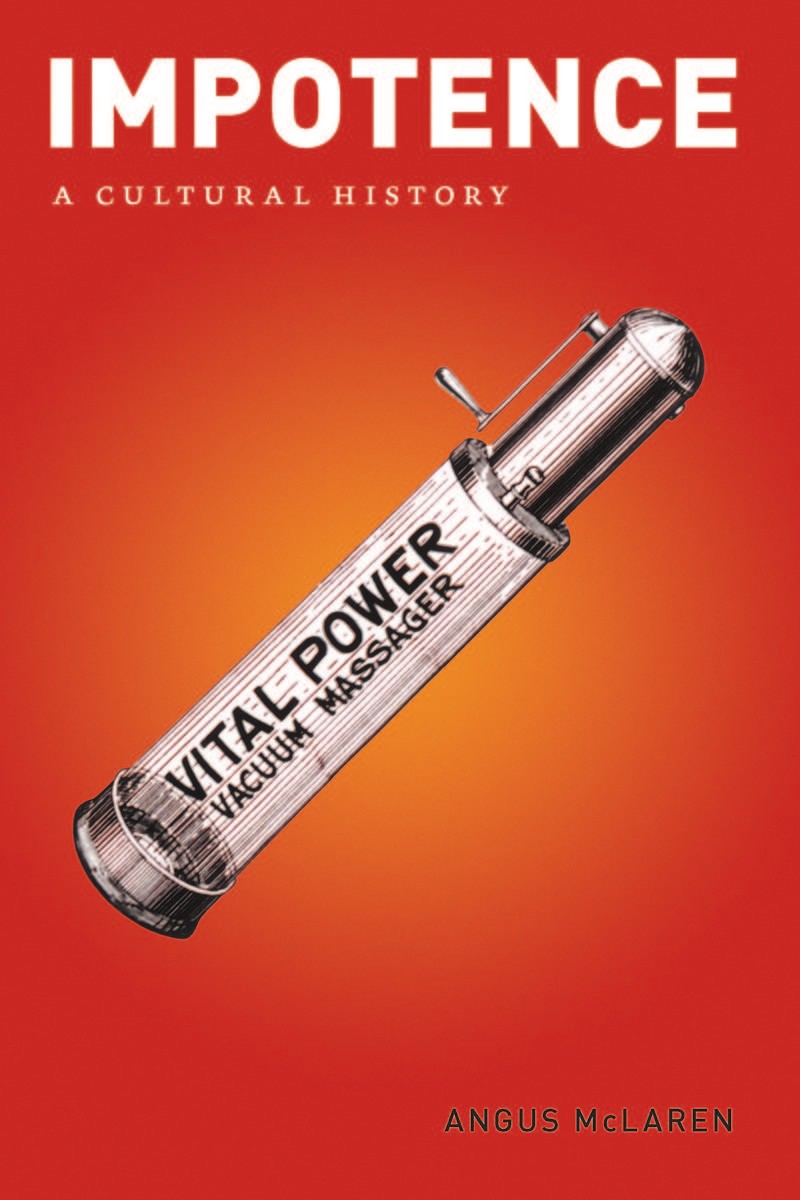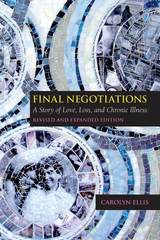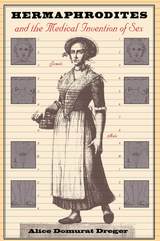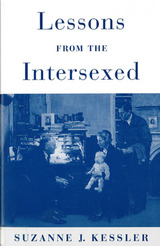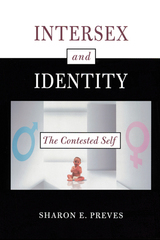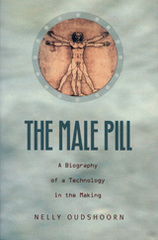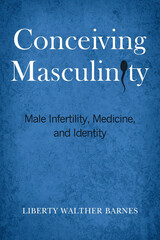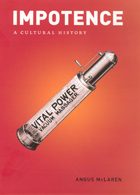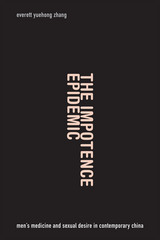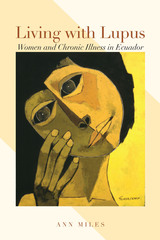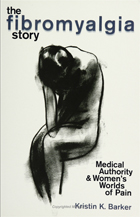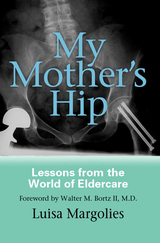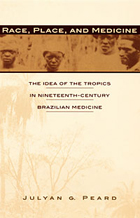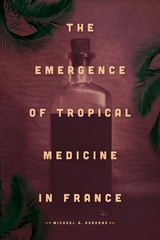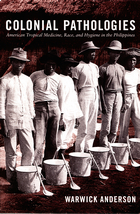“Diverting, enchanting and often hilarious. . . . We in the West live now in what may well be the most highly and explicitly sexualised culture in human history; not surprisingly, sex has never been more publicly contested. . . . McLaren provides not just a scholarly and witty grand tour d’horizon of two and a half millenniums of thinking and writing about impotency but, in the process, reminds us that, when it comes to sex, it really is all in the mind. I only wish the book had been twice as long.”
— Michael Bywater, Sunday Times
“Although impotence has again become an acceptable topic of conversation, we forget that this subject has enjoyed a long, colorful history. In this fascinating book, Angus McLaren gives us the first cultural history of the topic, exploring the many discussions, rumors, and controversies played out on the public stage throughout the centuries—from the days of Plato up to the present. This is a terrific book.”— Dr. Ruth Westheimer
"Men have been complaining about failed erections ever since Ovid, but as University of Victoria historian McLaren shows, their significance, and with it our conceptions of masculinity, have changed over the centuries. In the medieval world, for example, the primary concern was with whether a man was capable of consummating his marriage; it would take centuries for the physical and psychological causes to take center stage. And though everything from excessive masturbation to coitus interruptus was put forth as an explanation, just about every era, from the ancient Greeks to modern antifeminists, has found some way to put the blame on women. (In the 19th century, doctors claimed men could be put off not just by women who were reluctant but those who were too eager.) After considering the early 20th-century 'quack' remedies of gland injections and vacuum pumps, McLaren devotes his final chapter to the cultural changes wrought by Viagra and other drugs created to treat 'erectile dysfunction.' Far from eliminating the fear of impotence, he suggests such medications may actually lead to more anxiety, as pharmaceutical companies attempt to convince men that sexual activity is vital to their well-being. Perhaps one day McLaren will write about those problems with the wide-ranging verve of this lively history."— Publishers Weekly
"A fascinating book, but probably not a good idea for Father's Day."
— History
"In discussing impotence from Roman times (when a hard man was good to find, regardless of the object of his affections) to the Middle Ages (when Church officials would order suspect husbands to perform in front of clergy) to our current era of little blue pills (whose furious rise in sales has already started to decline), McLaren has written a pathbreaking history of masculinity."
— Nick Gillespie, New York Post
"This important, thought-provoking work should be read by scholars and students in gender and sexuality studies, psychology, sociology, anthropology, and history. Essential."
— Choice
"McLaren follows up his earlier studies on human fertility with this lively academic study of male impotence. Using an array of relatively obscure historical, sociological, and medical research sources, McLaren shows how the concept of male sexual potency has changed. . . . Not a clinical guide to managing male sexual dysfunction, this work is instead a more complete cultural history of impotence than is found in any medically oriented approach to the topic. Highly recommended for all medical school libraries and academic libraries supporting the helping professions."
— Library Journal
"There is much in this book to interest both the general reader and the specialist medical practitioner."
— Yvonne M. Marshall, New England Journal of Medicine
"McLaren's chapter on Alfred Kinsey and the sex therapists Masters and Johnson is absolutely superb—as is his final chapter on the production and aggressive marketing of Viagra. This is contemporary history-writing at its best."
— Camille Paglia, Chronicle of Higher Education
"Erudite, cogent, and timely, Impotence earns a place on the list of excellent books on sexuality."
— E. James Lieberman, PsycCritiques
"By focusing on a solitary concern . . . McLaren is able not only to chart a fascinating history but also to unsettle our contemporary notions of normal/natural male sexual performance and capability."
— Journal of American History
"An excellent contribution to the history of sexuality, masculinity, and gender; it should be a welcome addition to libraries and history seminars across North America."
— Michelle K. Rhoades, Canadian Journal of History
"The book is especially strong in identifying the growing link between impotence as a fearsome but ever-present phenomenon and sexuality that is both masculinist and phallocentric...The reader is left with the uncomfortable yet inescapable conclusion that impotence is itself a potent weapon in social control."
— The Historian, Gail Hawkes
